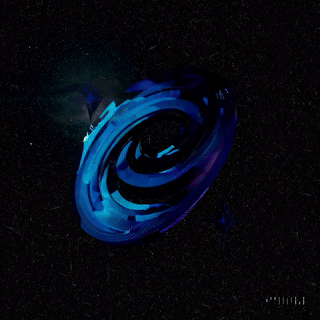Satya is the Hindu concept of absolute truth and ultimate reality. In the Matrix, the real world covered in clouds and barren from war would be considered the reality, or Satya of that plane of existence. Satya is a deep underlying concept that spans across the Indian religions and has influenced the cultural practices of the East tremendously.
Satya is a complex sanskrit word, derived from the root word “sat” which is equivalent to the english verb “to be”. This is the most fundamental western verb (based in latin) and at least in French, it is used more than 50% of the time. Sat means ideal, pure, and true and refers to Brahman, the universal spirit of the Hindu religion. Satya has several translation because of its complexity:
- unchangable
- undistortable
- beyond distinctions of the space-time continuum
- pervades the universe in all of its consistency
- absolute truth
- reality
Oftentimes, Satya will be compounded with another sanskrit word to mean ultimate, ultra, highest, purest, truest, or highest. Satyaloka means the highest heaven. Satya is a gateway to acknowledgement of the illusion of Moksha, and the enlightened one, or Bodhi, becomes aware of the true nature of Satya. Satya also has a connotation of benevolence, giving it another meaning of love and goodness. As an example, the body is not considered Satya, because it changes with time. Patanjali said that “when one is established in speaking truth, the fruits of karma become available to them”. Samadhi is the gateway to Satya, and is the realization of what is truly immutable in this world through oneness with the divine.
Satya is love and absolute truth compounded to form the reality that we live in. It is the immutable, absolute, and unchanging. The Jain idea of an eternal universe becomes very useful for understanding how the Hindus view Satya; the universe has truths that transcend the space-time continuum. Many people consider god and the universe to be interchangeable words, but almost every religion in the world recognizes god as love. So these concepts come together in the archetype of Satya, one that doesn’t exist as prominently in the western world.
From here, there is one more point to clarify about truth; is it subjective or objective. I believe that there is objective truth, but that humans can only experience it subjectively because of our consciousness. This means that for us humans, objective truth is not a part of reality, because everything is relative to our own consciousness. It is very hard to know that something will be true in 5,000 years, but this is the essential quality of Satya; it is unchanging.
I would love to hear about what you think of truth, I’m working on a short story now on the topic of truth, check back tomorrow and it will hopefully be finished! (I’m about halfway done now :))

